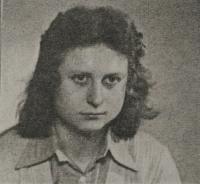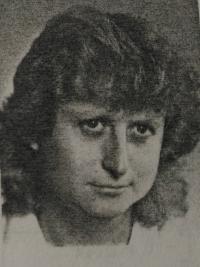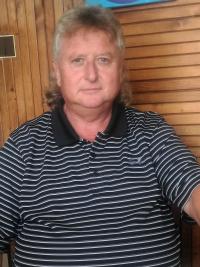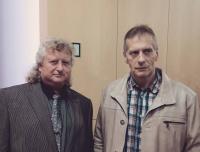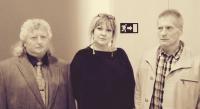During the interrogation I constantly claimed that I hadn’t seen anything, heard anything, didn’t know anything. That saved me
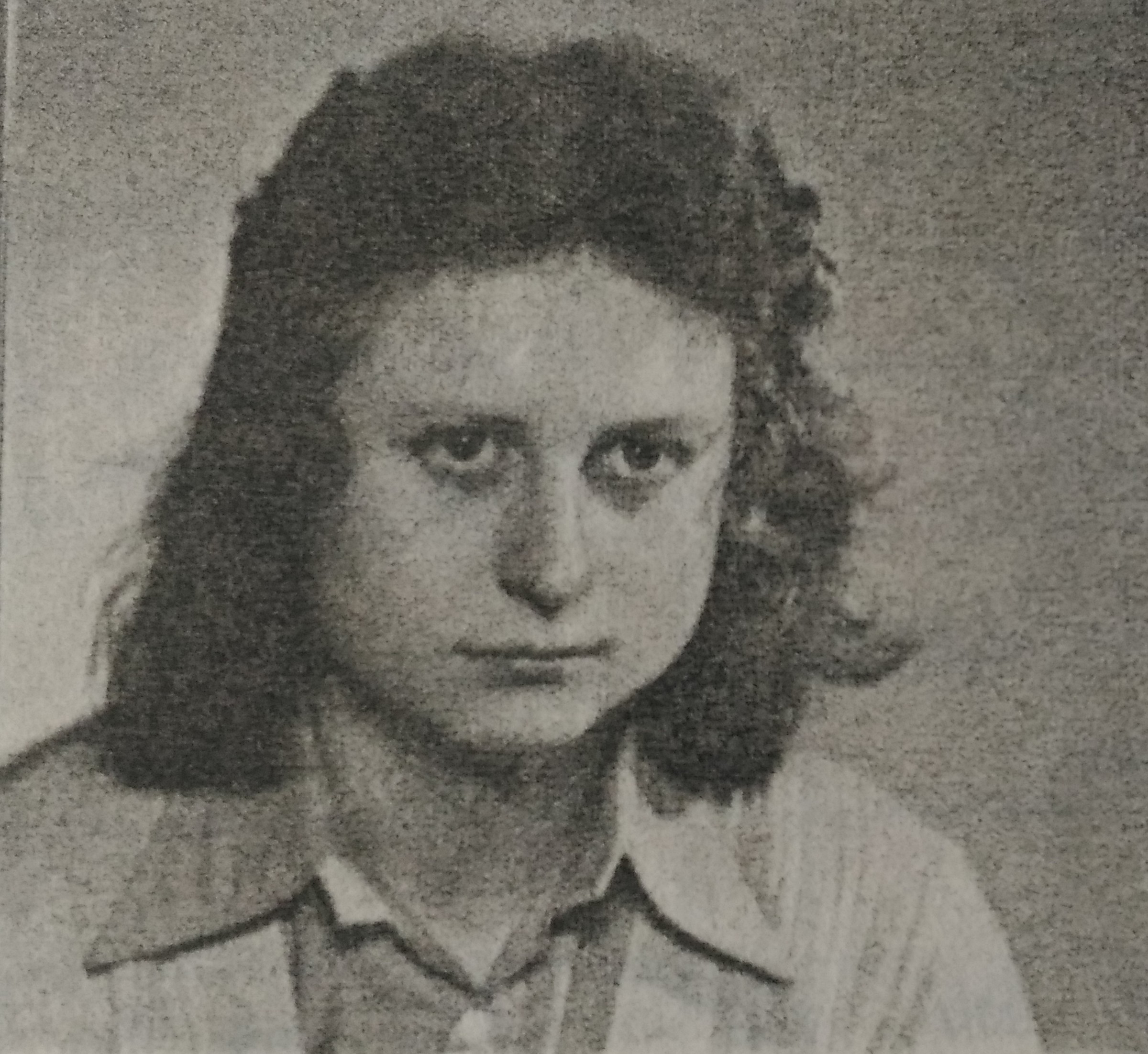
Download image
Karel Maier was born on 23 February 1957 in Přerov. His family did not agree with the Communist regime but never actively stood up against it. In the 1970s Karel Maier made the decision to actively resist the Communist regime. He mainly helped smuggle chemicals out of the Přerov Machine Works, which his friend Vladimír Hučín then used to prepare small explosives, with which he sabotaged Communist propaganda posters. Besides that he made crates from stainless steel in which Vladimír Hučín hid the weapons he used for sabotage operations. The friendship brought Karel Maier to the attention of State Security; he was interrogated twice, he and his family suffered from psychological pressure, and he was secretly surveyed by State Security until the fall of the Communist regime. Throughout the interrogations and threats he never wavered for a moment and never said anything against his friend. In the revolutionary week following 17 November 1989 he took part in all the public demonstrations against the regime that took place in Přerov. He started a business in the 1990s. In 2017 he received certification of having participated in the resistance against Communism.
